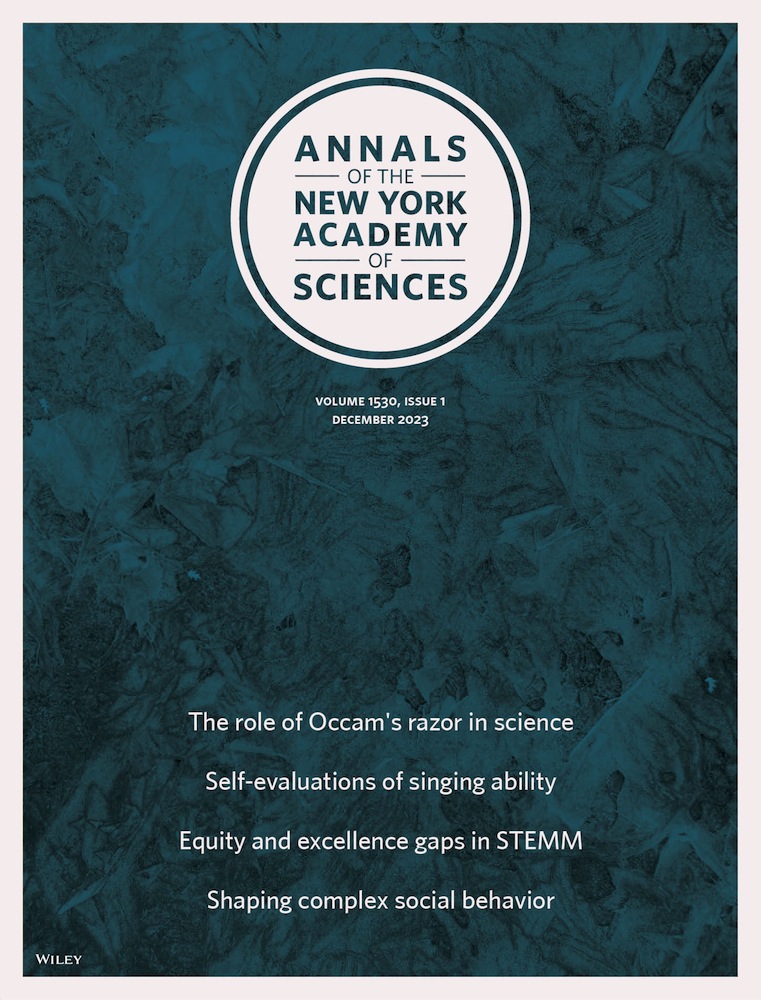健康老年人语言流畅性的影响因素探讨。
IF 4.8
3区 综合性期刊
Q1 MULTIDISCIPLINARY SCIENCES
引用次数: 0
摘要
找词困难是衰老的标志。由于语言流畅性测试的敏感性和易用性,它被广泛地用于测量成年人发现单词的困难。然而,关于老年人的语言流畅性,仍然存在一些问题,特别是随着时间的推移可能演变的策略,以及潜在的保护因素,如认知参与和社会互动,在减轻与年龄相关的认知衰退中的作用。在这项研究中,我们调查了144名年龄在20-87岁的健康社区成年人的语言流畅性。参与者完成了语义和音位流畅性任务以及一些问卷调查和评估。我们分析了准确性和错误类型,以及自言自语和填充犹豫的发生情况及其对词汇获取的影响。此外,研究人员还检查了与认知储备相关的八个因素:教育、集体歌唱的实践、社会参与、认知水平、自我报告的健康状况、多语言能力、积极的前景和听力。虽然充满的犹豫在年龄上是稳定的,但自言自语随着年龄的增长呈非线性增长。歌唱经历、更高的教育程度和更好的全球认知与更好的流利度相关。然而,这些因素显示出对与年龄相关的单词检索能力下降的保护作用微乎其微。本文章由计算机程序翻译,如有差异,请以英文原文为准。
Exploring Factors Affecting Verbal Fluency in Healthy Aging.
Word-finding difficulties are a hallmark of aging. Verbal fluency tasks are broadly used to measure word-finding difficulties in adults due to their sensitivity and ease of use. However, several questions remain regarding verbal fluency in aging, particularly the strategies that may evolve over time and the role of potentially protective factors, such as cognitive engagement and social interactions, in mitigating age-related cognitive decline. In this study, we investigated verbal fluency in 144 healthy, community-dwelling adults aged 20-87 years. Participants completed both semantic and phonemic fluency tasks and several questionnaires and assessments. We analyzed accuracy and error types, as well as the occurrence of self-talk and filled hesitations and their impact on lexical access. Further, eight factors previously associated with cognitive reserve were examined: education, practice of group singing, social participation, cognitive level, self-reported health, multilingualism, positive outlook, and hearing. While filled hesitations were stable across age, self-talk increased nonlinearly with age. Singing experience, higher educational attainment, and better global cognition were associated with better fluency. However, these factors showed minimal evidence of protection against age-related decline in word retrieval.
求助全文
通过发布文献求助,成功后即可免费获取论文全文。
去求助
来源期刊

Annals of the New York Academy of Sciences
综合性期刊-综合性期刊
CiteScore
11.00
自引率
1.90%
发文量
193
审稿时长
2-4 weeks
期刊介绍:
Published on behalf of the New York Academy of Sciences, Annals of the New York Academy of Sciences provides multidisciplinary perspectives on research of current scientific interest with far-reaching implications for the wider scientific community and society at large. Each special issue assembles the best thinking of key contributors to a field of investigation at a time when emerging developments offer the promise of new insight. Individually themed, Annals special issues stimulate new ways to think about science by providing a neutral forum for discourse—within and across many institutions and fields.
 求助内容:
求助内容: 应助结果提醒方式:
应助结果提醒方式:


